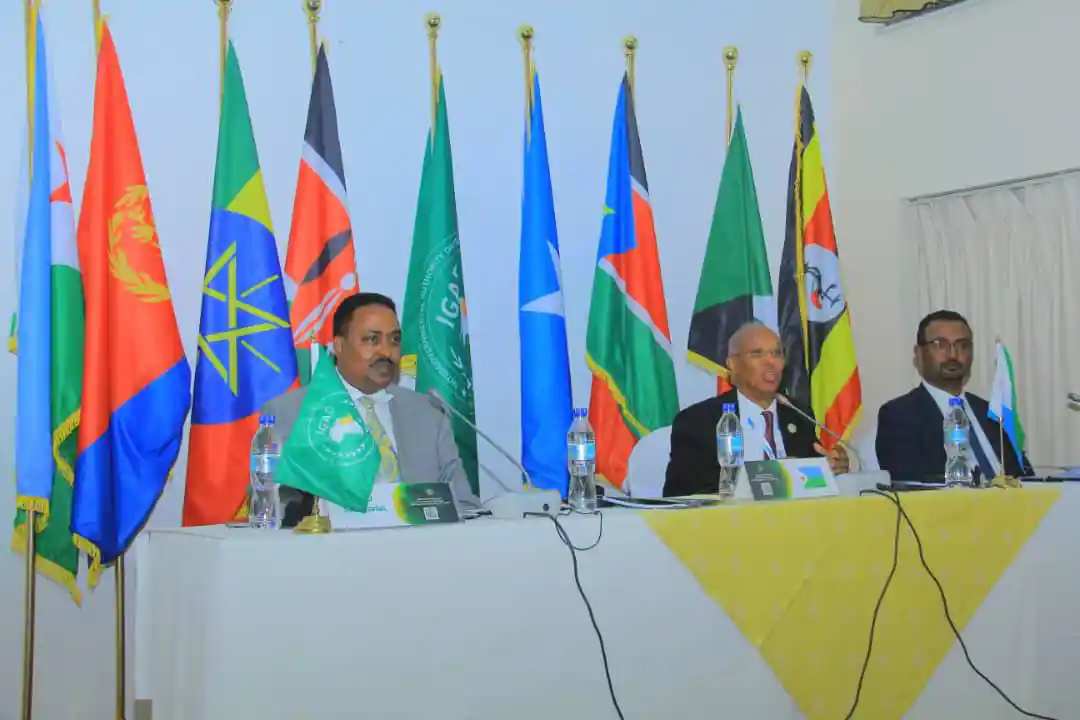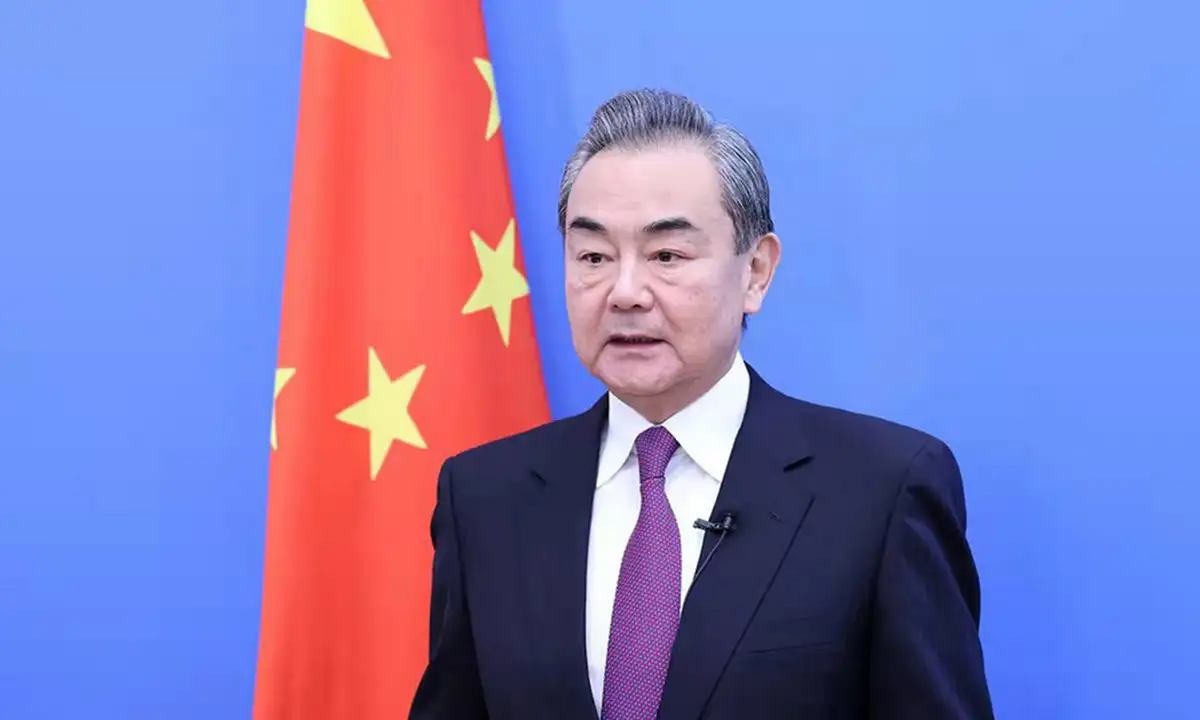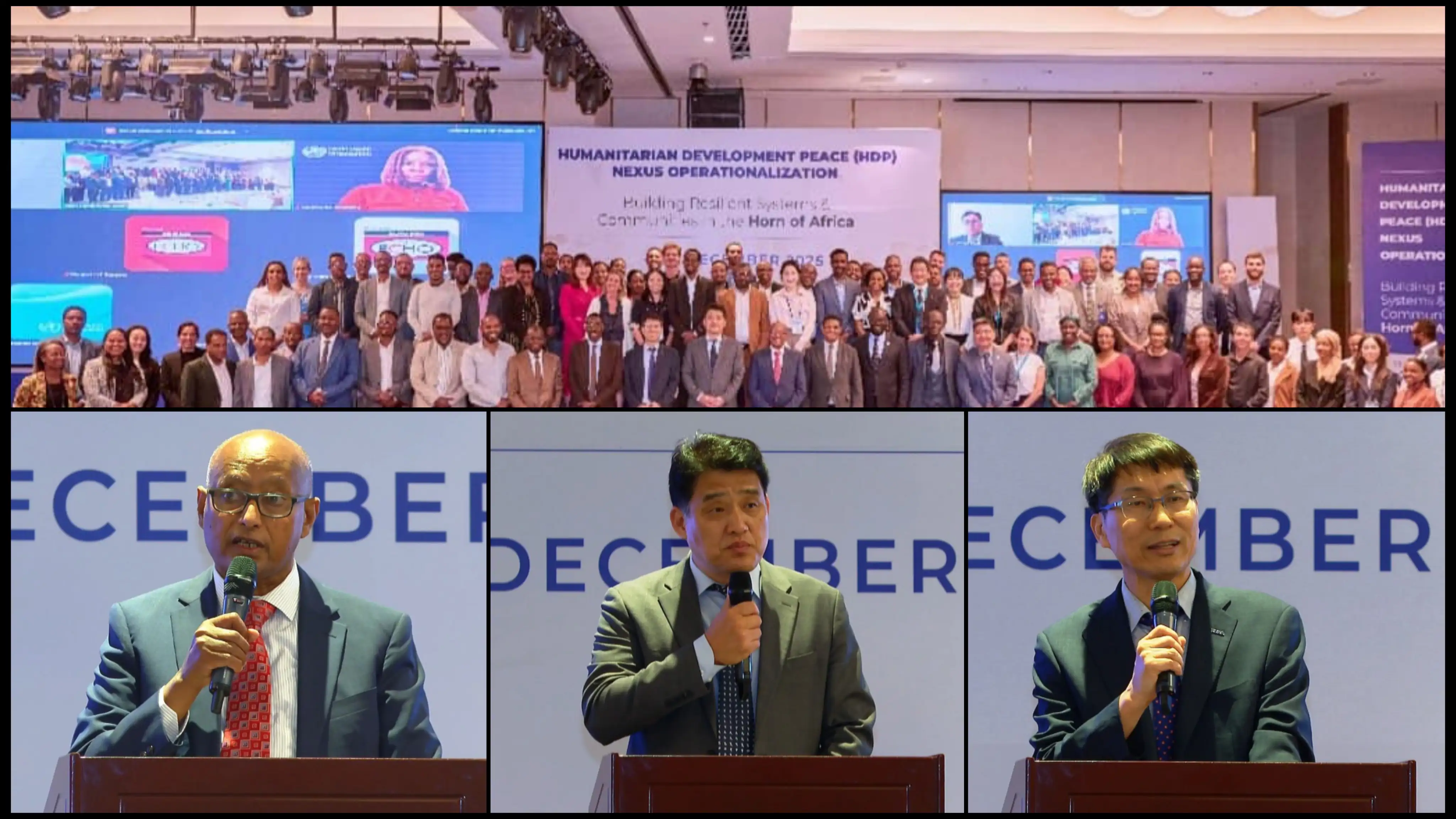This evening in Addis Ababa, in a sobering address, Dr. Workneh Gebeyehu, the Executive Secretary of the Intergovernmental Authority on Development (IGAD), painted a grim picture of the impending food insecurity crisis in the region.
He revealed that an alarming 50 million individuals are projected to experience severe hunger by 2025, a situation that necessitated a timely and high-level meeting focused on innovative and transformative solutions to this pressing challenge.
The conference, convened by IGAD, brought together an impressive array of high-ranking officials and representatives from all member states, showcasing a strong regional commitment to address food security issues.
Notable attendees included the Minister of Agriculture from Djibouti, the Ethiopian State Minister for Agriculture, and key representatives from Somalia, South Sudan, Kenya, Uganda, and various strategic partner organizations.
Dr. Workneh acknowledged the crucial role these dignitaries and their organizations play in fostering collaboration and crafting effective responses to the looming crisis.
Dr. Workneh emphasized the urgent nature of the meeting, which he characterized as a pivotal moment in addressing the intertwined challenges surrounding food systems and food security in the region.
He reminded the attendees that IGAD was founded four decades ago with the mission of tackling issues like drought and desertification, issues that are all too relevant as countries across Djibouti, Ethiopia, Kenya, Somalia, South Sudan, Sudan, and Uganda face devastating forecasts for food insecurity.
The Executive Secretary underscored the dual factors exacerbating the crisis: climate shocks and protracted conflicts, coupled with economic fragility and widespread displacement, which have led to the erosion of essential food system infrastructure.
While outlining the challenges, Dr. Workneh chose to highlight the substantial potential for change.
He pointed to the region's abundant agricultural capabilities and unique genetic resources, which present promising pathways for sustainable improvement and growth.
The gathering was specifically called to explore these opportunities and devise strategic actions aimed at overcoming the myriad obstacles hampering food security.
To that end, Dr. Workneh presented five targeted action items designed to take decisive steps toward addressing the food crisis. The first action item focused on conducting thorough assessments to identify the underlying drivers of food insecurity and pinpoint the most affected hotspots across the IGAD region.
He stressed the necessity of collaborative data-gathering efforts, asserting that accurate information would be vital for shaping effective policies and emergency responses.
The second action item called for an active pursuit of scalable, inclusive, and sustainable solutions to enhance food production and distribution systems across member states.
Thirdly, the meeting sought to showcase existing best practices and innovative strategies that have proven successful in IGAD member states, emphasizing the importance of replicating and expanding these efforts.
Moreover, Dr. Workneh pointed out that strategic alignment among member states is crucial for fostering collective regional action. This approach involves developing a unified set of priorities to guide necessary policy reforms aimed at enhancing food security. He envisions IGAD assuming a central role in propelling these forward-looking actions with a strong focus on bolstering long-term resilience across the region.
The Executive Secretary confirmed that participants were working towards adopting a joint communiqué, a significant document affirming a shared vision and steadfast political will to undertake bold and coordinated actions.
He articulated the communiqué's goals: to establish clear investment and policy priorities, create institutional mechanisms for ongoing commitment, and cultivate multi-stakeholder agreements to translate discussions into actionable improvements for millions reliant on food systems.
In his final remarks, Dr. Workneh reiterated that the discussions aimed to identify enduring solutions and translate commitments into tangible actions.
He noted the urgent need for a unified response to the escalating threat of food insecurity in the IGAD region.
After extensive discussions, the IGAD Ministerial Meeting on Food Security and Opportunities culminated in the approval of a Memorandum of Understanding (MoU), embodying a commitment to strengthen collaboration among IGAD member states in agriculture and food security initiatives.




